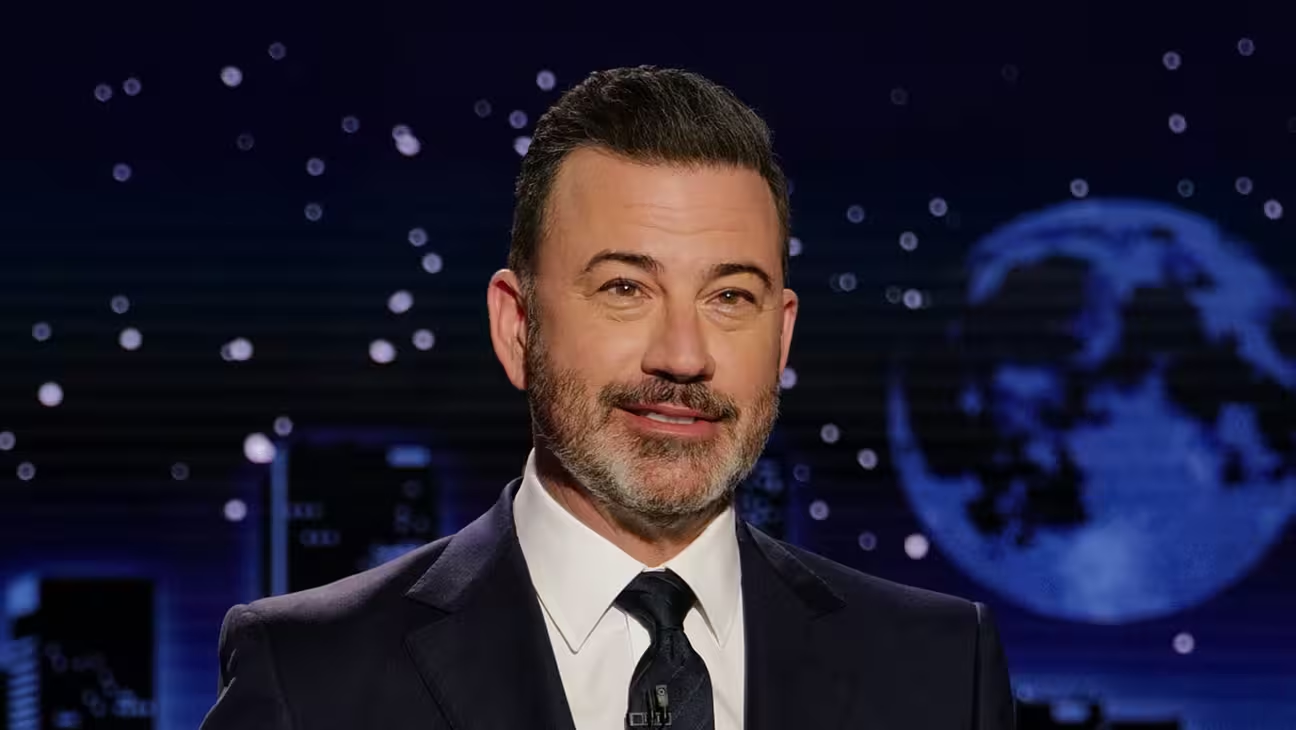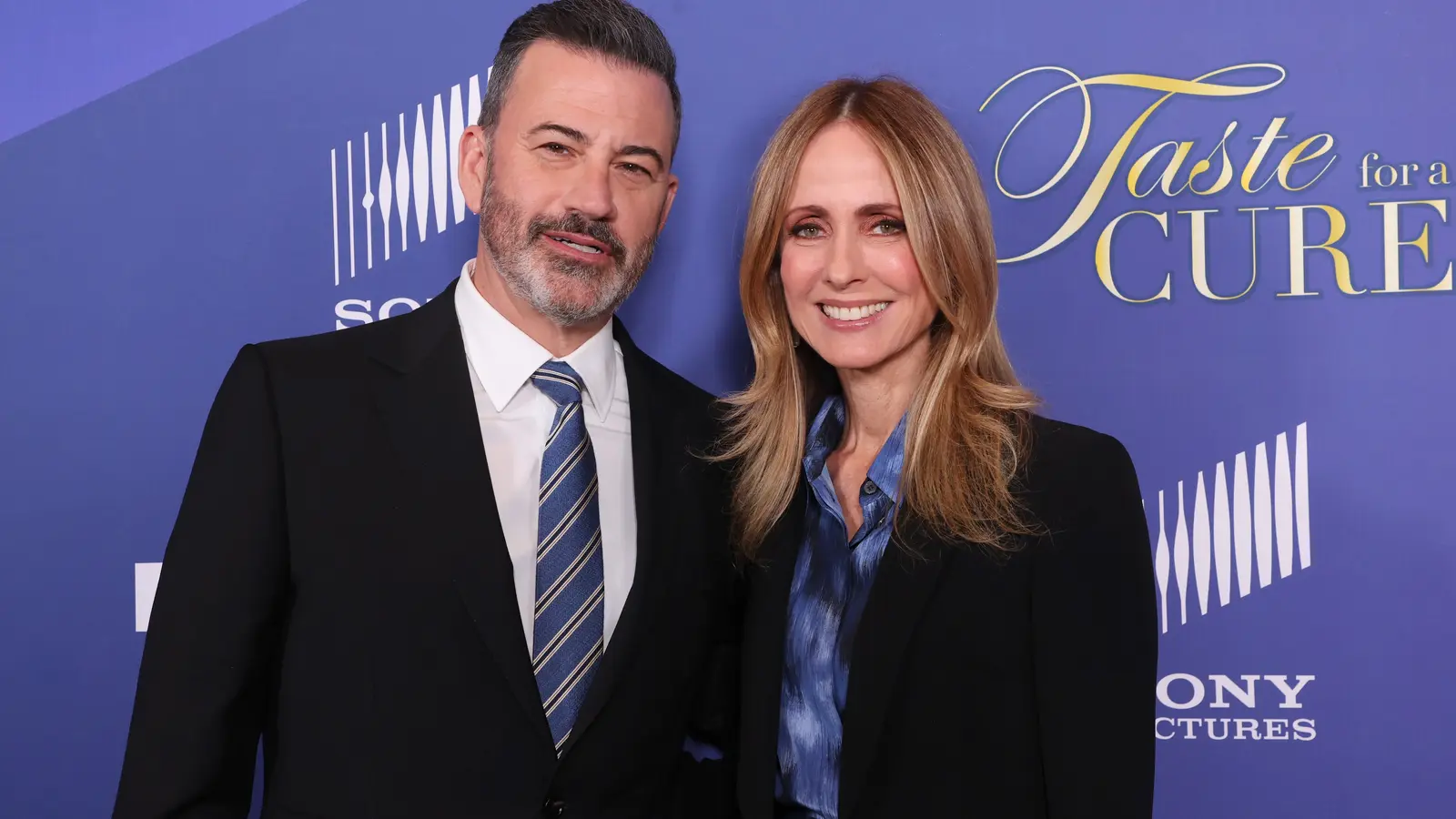9 Minutes
What happened — a late-night program put on pause
Jimmy Kimmel learned midweek that his long-running late-night program on ABC would be shelved for the moment. The decision came the same afternoon Kimmel was due to film his nightly show; production was halted and Jimmy Kimmel Live! was preempted indefinitely. According to multiple industry sources, the call informing him of the pause came from Disney Entertainment Co-Chairman Dana Walden, in a conversation described as 'businesslike and polite.' The company's CEO also weighed in on the outcome.
The move followed a controversy sparked by recent on-air comments from Kimmel, which prompted strong public reaction and an unusually direct rebuke from the Federal Communications Commission chair. FCC Chairman Brendan Carr characterized Kimmel's remarks as among 'the sickest conduct possible,' an intervention that appears to have accelerated Disney's decision to step in and preempt the show while executives assessed the fallout.
Who made the call and why executives intervened
Disney's leadership — principally Dana Walden and Bob Iger, according to sources — opted for an immediate preemption rather than a delayed response. Network executives told staff they wanted to tamp down controversy quickly and avoid a protracted public battle that could escalate questions about ABC's judgment, advertiser relationships, and regulatory scrutiny.
Insiders say Kimmel was not prepared to apologize and had planned to use the night's show to clarify and expand on his comments, including a broader critique of extreme partisan supporters. He reportedly intended to name and call out some of President Trump's most fervent backers, while reiterating his original point about political movements and violent actors. Sources suggest that certain phrases, notably 'one of them,' were taken by some critics out of context — a nuance that was not enough to prevent the network from pausing the program.

Immediate industry context and comparable precedents
For viewers of film and television, this is not the first time a network has moved swiftly in the face of controversy. Broadcast executives have historically acted decisively when a talent's remarks or conduct threatened wider reputational or financial harm. Notable precedents include the cancellation of Roseanne's revived sitcom in 2018 after offensive tweets, and the firing of radio and TV hosts after on-air comments that broadcasters judged to be beyond acceptable boundaries. Such responses are shaped by several factors: advertiser pressure, audience metrics, regulatory oversight, and the network's broader corporate values.
Late-night television sits at the intersection of comedy, commentary, and corporate risk management. Hosts such as Jimmy Fallon, Stephen Colbert, Trevor Noah, and others have navigated the boundary between satire and offense in different ways. Some episodes prompted advertiser pause or network clarifications, while others led to disciplinary action. The Kimmel pause joins this line of industry moments in which network leaders step in to recalibrate the relationship between a host's voice and corporate stewardship.
Why the corporate response matters
The Disney-ABC decision reflects a complex risk assessment. Large media companies must weigh creative freedom and the cultural role of satire against shareholder expectations, ad revenue stability, and regulatory attention. The FCC's public criticism was an unusual element that likely changed the calculus. Even when a network supports free expression in principle, external pressures can create practical limits on what can be broadcast without legal, financial, or reputational cost.
Advertisers tend to avoid headlines that link their brands to controversy, and networks often respond proactively to prevent advertiser pullouts or affiliate concerns. For a company like Disney — with an expansive portfolio in entertainment, theme parks, and consumer products — reputational control can be especially decisive. The preemption can be framed as a containment strategy: pause now, review later, and try to return to normal once the immediate storm subsides.
What this means for Kimmel's future on ABC
At present, Disney has expressed a hope that the host will return to the air 'soon,' but sources add that whether Kimmel himself wishes to come back remains uncertain. Several potential outcomes are possible: a reinstatement after a cooling-off period; conditions attached to a return such as content oversight or a public statement; a longer-term suspension; or, in a more drastic scenario, a permanent end to the program.
Networks generally prefer to avoid abrupt cancellations when possible, because long-standing shows earn consistent ratings and ad revenue. But if a host doubles down publicly in a way that damages advertiser relationships or stokes further regulatory action, executives may decide the only sustainable path is termination. The fact that Disney chose preemption over immediate termination suggests a preference to buy time and evaluate options.
Industry and audience reactions — social media and fan communities
Reaction across social platforms has been polarized. Some viewers and industry commentators defended Kimmel's right to satirical commentary and criticized the network's decision as premature or heavy-handed. Others argued that public figures using a major broadcast platform should be held to a higher standard, particularly when comments intersect with real-world violence and political polarization.
Fans of late-night often show strong loyalty to hosts, while networks balance that loyalty against broader public sentiment. In recent years, fan campaigns and online petitions have influenced some network decisions; in other cases, advertiser pressures and executive risk assessments carried more weight than social-media outcry. The Kimmel pause will likely generate sustained debate about standards for political satire on broadcast television.
Comparisons with other entertainment controversies
From a cinema and television perspective, the episode invites comparison with how other high-profile personalities navigated crises. In scripted television, showrunners and studios frequently adapt to controversy by reframing narratives, issuing statements, or making creative personnel changes. For talk-show formats, where the host is the brand, options are more limited. When a host becomes the focal point of controversy, networks often pivot to interim presenters, reruns, or unscripted specials while they develop a longer-term strategy.
That distinction matters for late-night as a genre: unlike serialized dramas or comedies that can shift storylines, a late-night show is an ongoing live conversation with the audience. Removing or pausing a host interrupts that conversation and forces networks to manage both a programming gap and heightened scrutiny.
Behind the scenes and possible next steps
According to sources, executives described the conversation with Kimmel as calm and professional. That tone suggests both parties recognize the stakes. Possible next steps include a mediated discussion between the host and network leadership, internal reviews of the episode in question, and negotiations over the terms of any return. Networks sometimes use these pauses to reassess standards, update talent agreements, or implement new editorial guidelines.
Cultural and legal questions will also be part of the conversation. What constitutes permissible satire? How should broadcasters handle commentary that intersects with real-world violence or political movements? Those questions do not have simple answers, but they are central to the debate unfolding around Kimmel's pause.
Expert perspective
'Film critic Anna Kovacs' offers a measured view: 'Late-night hosts have historically pushed boundaries as part of their cultural role, but the broadcast grid changes the stakes. Corporate media must balance creative license with commercial and regulatory realities, and decisions like this reflect that ongoing tension.'
What to watch next
Expect further updates when Kimmel or Disney issue public statements. Observers will watch for whether the host returns on his own terms, whether the network sets conditions, and how advertisers and affiliates respond. For fans of television and the arts, the episode is a reminder that the relationship between creators, corporations, and audiences remains dynamic and often delicate.
For those tracking late-night television as a cultural form, the underlying question is whether corporate gatekeepers will increasingly mediate satirical voices or whether hosts will find new platforms and formats that offer different trade-offs between reach and editorial independence. Whatever happens next, the pause is a moment that will be referenced in future debates about comedy, politics, and the responsibilities of major broadcasters.
In the meantime, the immediate facts are straightforward: ABC pulled Jimmy Kimmel Live! from the schedule; Disney leadership made the call; and both sides appear to be assessing next steps. The broader implications for late-night TV and media governance will unfold as the story develops, and the conversation around acceptable boundaries for political satire is likely to continue well beyond the resumption or conclusion of this particular show.
Source: deadline


Leave a Comment